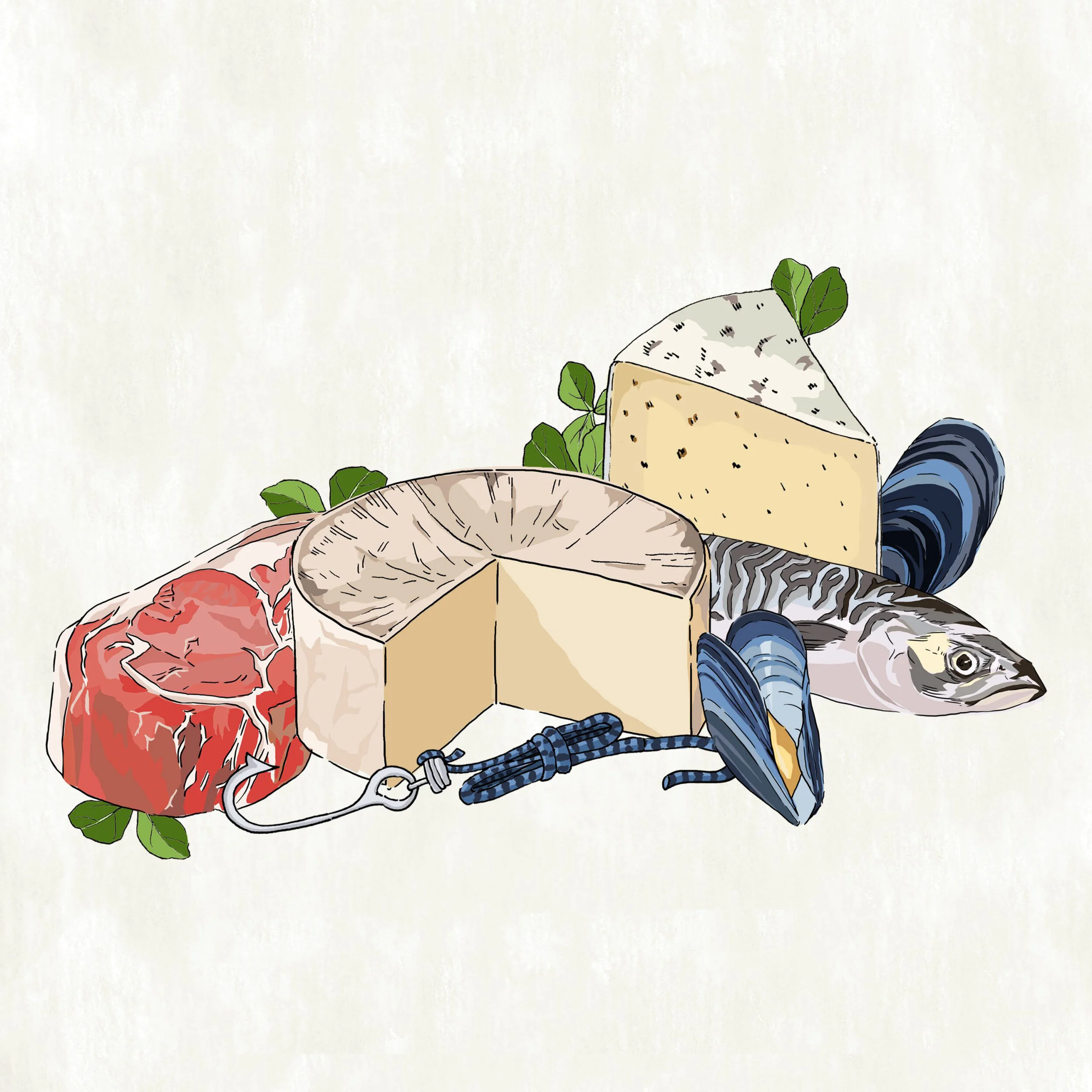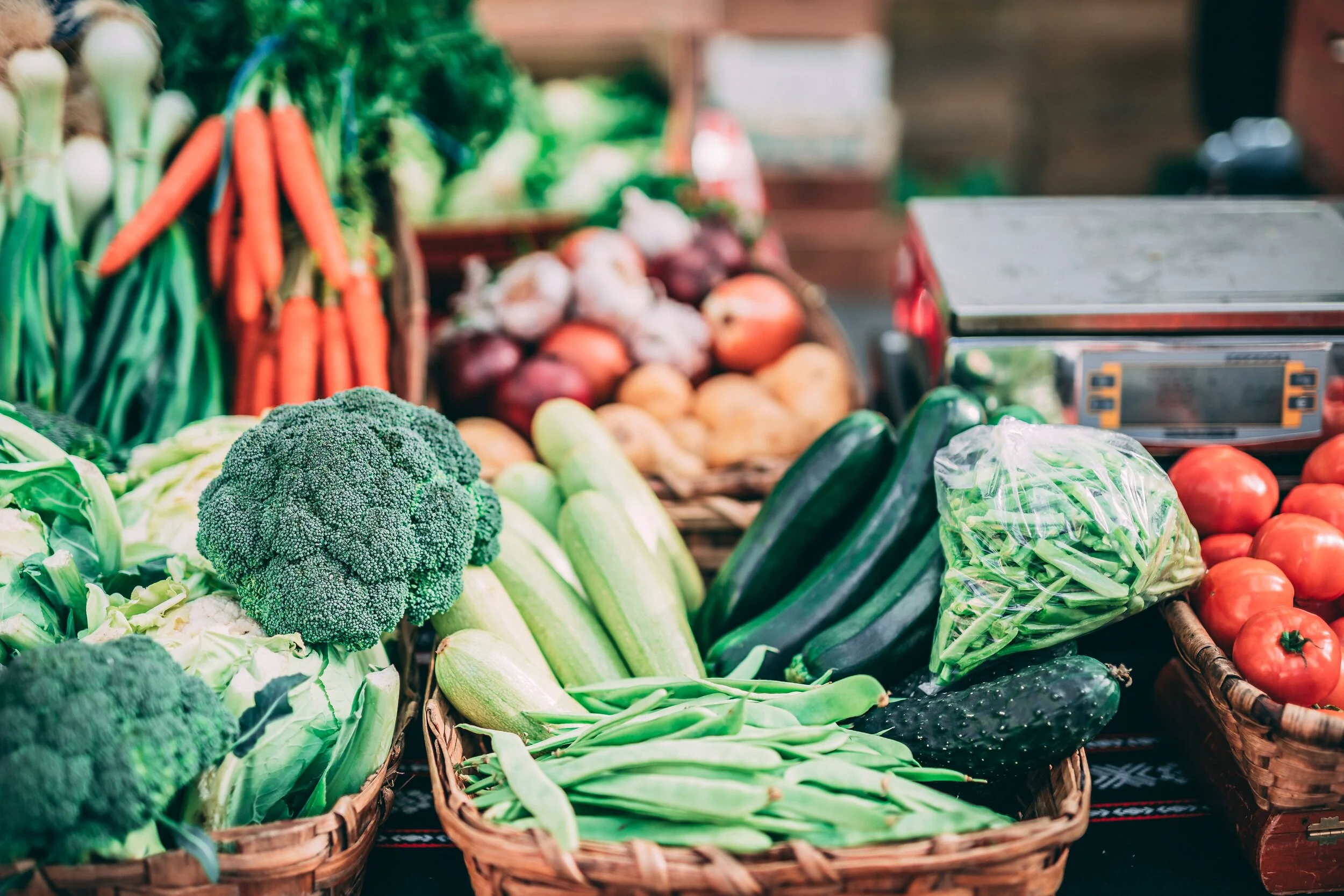During a 2018 trip to the UK, the UN Special Rapporteur on extreme poverty and human rights found that 14 million people (a fifth of the population) were living in poverty. It comes as no surprise, then, that nearly four million children do not have access to healthy, nutritious, and culturally appropriate food. Many families in the UK are ‘food insecure’, meaning they face stark choices between buying food, paying rent or heating their home. To make things more difficult, many shops are either too far away or unable to sell fresh food. Fast food outlets are peppered near schools. Vegetables can cost three times more than ultra-processed alternatives. Food in this country has never been cheaper and yet so many households are struggling with food insecurity. How is this possible?
There are many factors that create such a system. At the Food Ethics Council, we have learned that the language we use shapes our understanding of the world. It influences our everyday decisions, and ultimately culminate in the food systems, and society, that we have today. So what can we learn about the stories we tell ourselves about food?
The dominant narrative in the UK food and farming sector today, and indeed across society at large, is that as individuals we are merely consumers at the end of a food chain. Daily messages tell us that being a consumer is our only source of power to influence our food system, and society. Our role is to choose between products and services, not to participate in the systems that provide us with our food. This same story tells us that the only way we can access food is by purchasing it.
This story is problematic on two counts:
1. The way we frame people: Ever seeking the best deal, the consumerist system is fast-paced, prioritises convenience over purpose and thinks short-term. Anyone who is unable to participate in this system of buying food, i.e. those living in poverty and unable to afford food, has no choice but to seek food charity, free food handouts. This forms an ‘us vs them’ dynamic between those providing charity and those needing it. This model leaves little room for dignity and empowerment, which has been linked to an increasing fear of being in need, disgust at such vulnerability, and anxiety of the impacts of such social need on society.[1]
2. The way we frame the problem: The current consumer narrative sees the problem being that many people cannot afford to eat. This inevitably leads to the question ‘How can we make food affordable for everyone?’ The response is the further cheapening of food, often to the detriment of those working in food who are often the first to experience poverty, paralleled with the dramatic rise of food banks in the UK.
There is no place where the consumer story fails more than when people can’t afford good food, i.e. nutritious, sustainable and culturally appropriate food. We recognise that having enough money in your pocket is vitally important, but household food insecurity is more than an economic issue alone.
We believe that there is another story that says we are not consumers alone, but more meaningful participants in food systems. It tells us that we have the power not just to choose, but to shape the choices on offer. We can, and indeed are starting to, work together, seeking not just what’s best for ourselves as individuals, but as communities and societies.
We call this story food citizenship.
Food citizenship is rooted in an increasingly shared belief that people want to and can shape the food system for the better, given the right conditions. It builds on three key ingredients: reframe, empower, and connect. When these are nurtured within a community, food citizens emerge. It also gives us a framework to shift our thinking on issues, including household food insecurity.
Food citizenship encourages us to reframe poverty as a question of disempowerment and isolation. When we think of ourselves as citizens, the problem we see emerge from current food systems is that many people can’t be citizens, participating in and shaping food systems. This expands the debate beyond economics alone, and sheds light on the multiple ways in which resilience – the ability for individuals and communities to sustain shocks – can be built and nurtured.
Food citizenship also encourages us to reframe what citizens are capable of when they come together. Since July, the Food Ethics Council has been working with emergency food aid providers in Sheffield. We are identifying the evolving role of emergency food aid organisations as important social hubs, focusing on how to connect with one another to share local skills and assets, rather than hunger or poverty alone.
| Reframing From... | ..To |
|---|---|
| Consumers who can’t afford food |
Citizens participating in and shaping their food environment |
| Poverty |
Empowerment and connection |
| Charity |
Social Justice |
| Top-down interventions |
Community-driven initiatives with top-down resources and support |
Whether we are an emergency food aid organisation, a business, a government body, an NGO or an academic institution, we can ask ourselves:
- How do we talk about poverty? How much do we focus on what is lacking versus what we are trying to build instead?
- Where and when can we encourage more people coming together and connecting?
- What local skills, knowledge and resources can we already tap into?
It is our power as a coordinated collective that will foster a transition towards more just and resilient food systems.
And this power is growing…






























